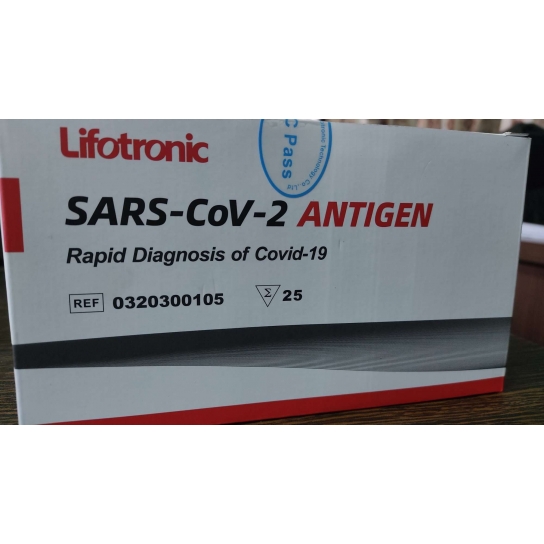Buy SARS-CoV-2 ANTIGEN In Nepal
Antigen tests are commonly used in the diagnosis of respiratory pathogens, including influenza viruses and respiratory syncytial virus. The U.S. Food and Drug Administration (FDA) has granted emergency use authorization (EUA) for antigen tests that can identify SARS-CoV-2. See FDA’s list of In Vitro Diagnostics EUAsexternal icon.
Antigen tests are immunoassays that detect the presence of a specific viral antigen, which implies current viral infection. Antigen tests are currently authorized to be performed on nasopharyngeal or nasal swab specimens placed directly into the assay’s extraction buffer or reagent. The currently authorized antigen tests include point-of-care, laboratory-based, and self-tests, and they are applicable to people of any age. See Table 1 for additional information about antigen tests.
Antigen tests are relatively inexpensive, and most can be used at the point-of-care. Most of the currently authorized tests return results in approximately 15–30 minutes. Antigen tests for SARS-CoV-2 are generally less sensitive than real-time reverse transcription polymerase chain reaction (RT-PCR) and other nucleic acid amplification tests (NAATs) for detecting the presence of viral nucleic acid. However, NAATs can remain positive for weeks to months after initial infection and can detect levels of viral nucleic acid even when virus cannot be cultured, suggesting that the presence of viral nucleic acid may not always indicate contagiousness.


